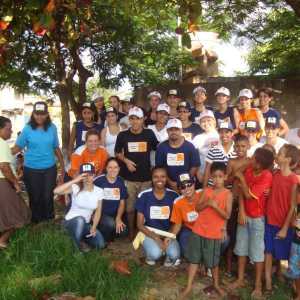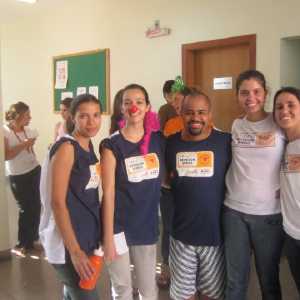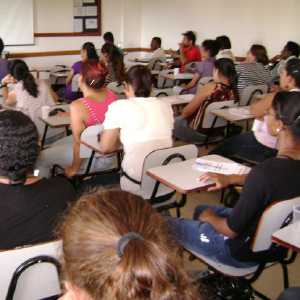3 minutes
Invited to be part of the University Extension Program team
Sep 2010 - Dec 2010 • 4 mos
The invitation
Since mid-2009, I have been involved in project extensions at the university1, either working actively as a volunteer or researching my thesis. When I received an invitation to be part of the extension programs department2, I was pretty excited and proud of myself. That meant that my dedication was notorious.
A professor specialized in finance became my supervisor to guide me in my main task of advising solidarity economy ventures.
University Incubator Project
The University Incubator Project was a women-led cooperative venture for processing natural food into dehydrated food. In 2005, an agreement was signed between the Federal Government, the mayor’s office and the University for the development of this solidarity economy pilot project. I joined the team in 2010, when the physical facilities were completed, to meet the lack of operational procedures and promote governance practices.
I worked with groups of housewives and unemployed women who were beneficiaries of a federal government program. They formed this cooperative venture as associates. As the main objective of the project was administrative emancipation, they were learning to be owners of their own business through the solidarity economy methodology. I acted as a facilitating agent between these associates and some institutions when dealing with bureaucracy. Moreover, I applied my knowledge in finance to support them in managing the business, advising and giving a full consultancy.
Solidarity Economy
The inherent instabilities of capitalism and its worsening of poverty have fostered the emergence of alternatives economic models. One is the Solidarity Economy that emerged to serve the population excluded from the formal labor market. Thus, people from local communities such as artisans, for example, come together and work collectively and associatively, using solidarity principles in which one collaborates with the other. Equitable income distribution eliminates labor exploitation. Furthermore, relationships with external partners are also based on Solidarity Economy, which makes trade fair.
Highlights
- The work of fostering financial education in the incubator was so successful that I travelled to the countryside as a representative of the Dean of Extension to give talks to local producers and small cooperatives. These talks were open to discussion in order to address the participants’ issues and develop consultancy for building a solidarity venture.
- I researched the Solidarity Economy during the period in which I worked in the incubator and continued researching after the internship ended. I used this experience to write my thesis, which aimed to show that a solidarity enterprise can be economically and financially viable.
- Working in the University Extension Programs Department led me to be even more active as a volunteer, especially in social projects. The one that I dedicated the most was the Rondon Project, the largest university volunteer initiative in Brazil.
1 Pontifícia Universidade Católica de Minas Gerais (PUC Minas) is a private and non-profit Brazilian Catholic university. Recently, the Congregation for Catholic Education of the Vatican chose the Pontifical Catholic University of Minas Gerais, PUC Minas, as the largest in the world.
2 PROEX is the Dean of Extension that plans, coordinates and executes extension activities at the University, and promotes agreements and partnerships to enable projects for university interaction with the community.


